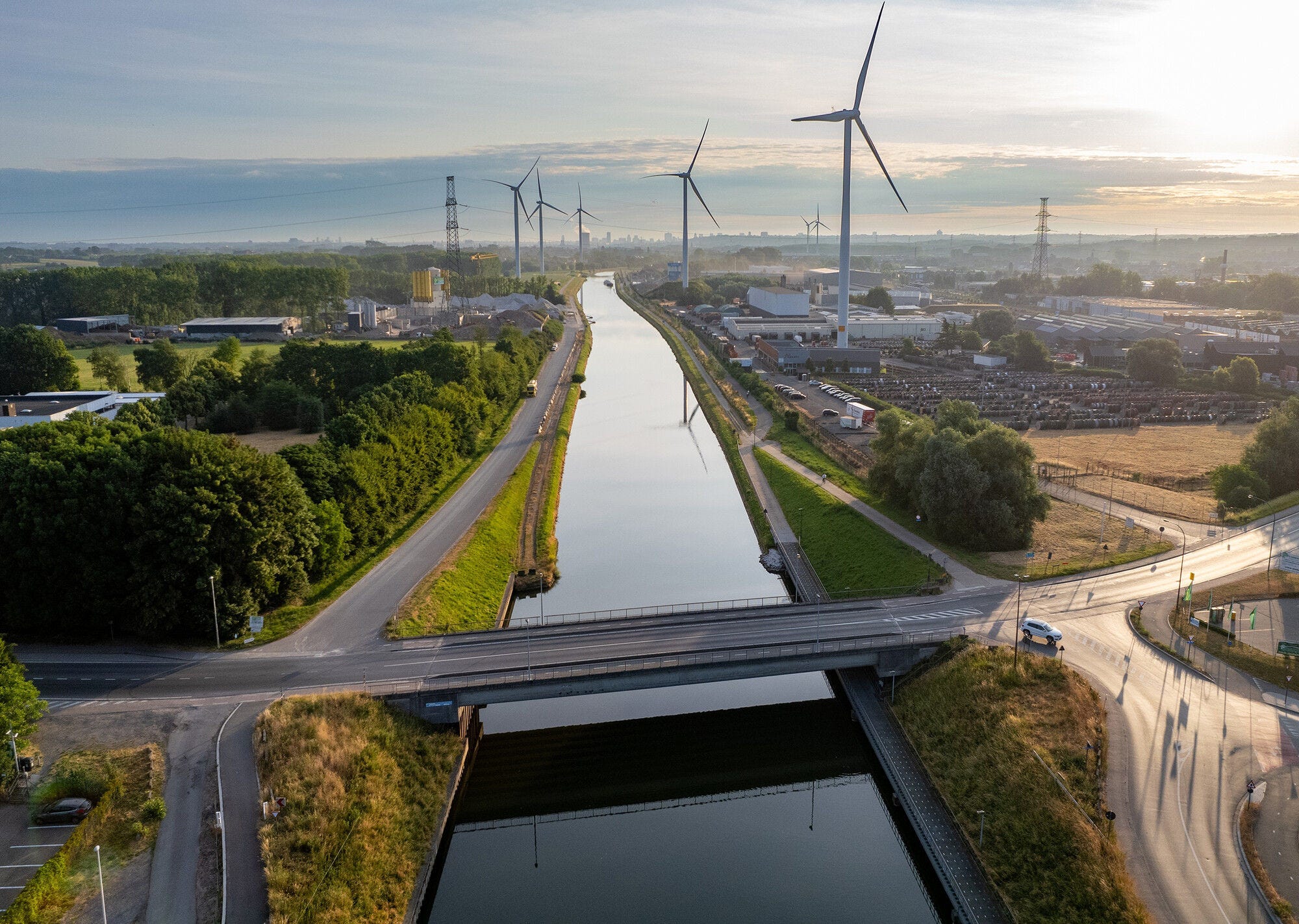Public procurement is part of the government's climate action plan, which states that public procurement must contribute to achieving Sweden's climate goals. Sweden’s climate action plan mentions that environmental costs over the entire life cycle should be taken into account for reduced climate impact, that public procurement plays an important role in designing the transport infrastructure in accordance with the environmental and climate goals and that investments in transport infrastructure should gradually develop to become climate neutral. The climate action plan is part of the climate policy framework. According to this framework, the government must issue a climate action plan every four years.
In Sweden, there is no national-level policy or strategic framework specific to GPP. However, the National Public Procurement Strategy (2017) identifies 7 strategic objectives to guide and steer the public procurement system, including (i) fostering innovation and alternative solutions, and (ii) promoting environmentally responsible public procurement. Besides central-level authorities, the 7 strategic objectives are expected to guide the public procurement strategies by contracting authorities and entities at the municipal and regional level as well.
The National Public Procurement Agency (NAPP), which was created in 2015, is responsible for supporting the implementation and follows up developments in the procurement area on a regular basis, i.e. in terms of environmental considerations.
Sweden has a national strategy for circular economy which points out the direction for the transition to circular production, consumption and business models as well as non-toxic and circular material cycles. An action plan is linked to the strategy, which states that public procurement should contribute to resource efficiency, recycling and circular business models.
